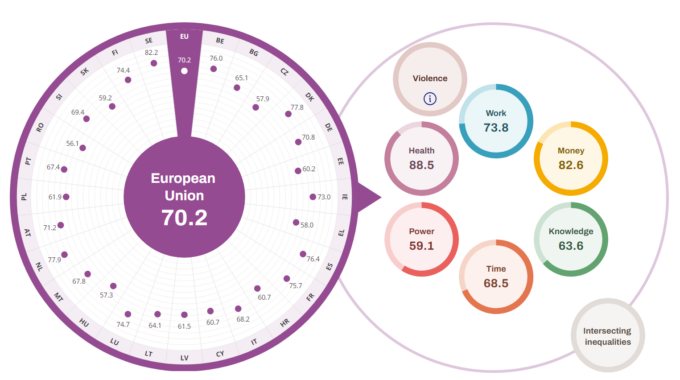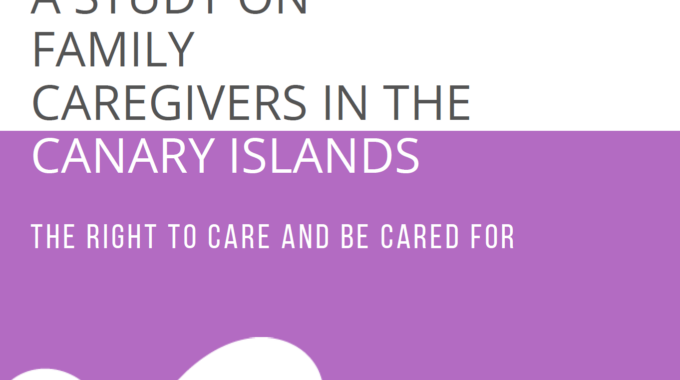Family carers of older people living at home in Belgium, an essential and complex role
Current policies tend to promote and develop the community-based support of disabled older people. The aim of the study is to describe the diversity of the situations for the family carers, their role and the consequences in terms of services use, psychological burden and professional activity.
The main hypothesis is that the situation depends on the type and the level of disability and also the living arragement of the main family carer with the care recipient (cohabitant or not). A sample of 5200 older people has been constituted since 2010. The data collection consisted of the BelRAI Home Care instrument (a comprehensive geriatric instrument), Zarit questionnaire (12 items), and an ad-hoc questionnaire for assessing family care and social care services use. A qualitative study (12 carers interviewed for 6 different dyads carer/care-recipient ) was performed to more in-depth analyse the quantitative results.
The study is available in French and in Dutch:
FR:https://www.kbs-frb.be/fr/Activities/Publications/2016/20170106PP01
NL: https://www.kbs-frb.be/nl/Activities/Publications/2016/20170106PP01
Theme The value and costs of caring
Type Research
Authors Anne-Sophie Lambert, Déborah Flusin, Jean Macq, Nathalie Pauwen, Olivier Schmitz, Sophie Cès
Countries Belgium





